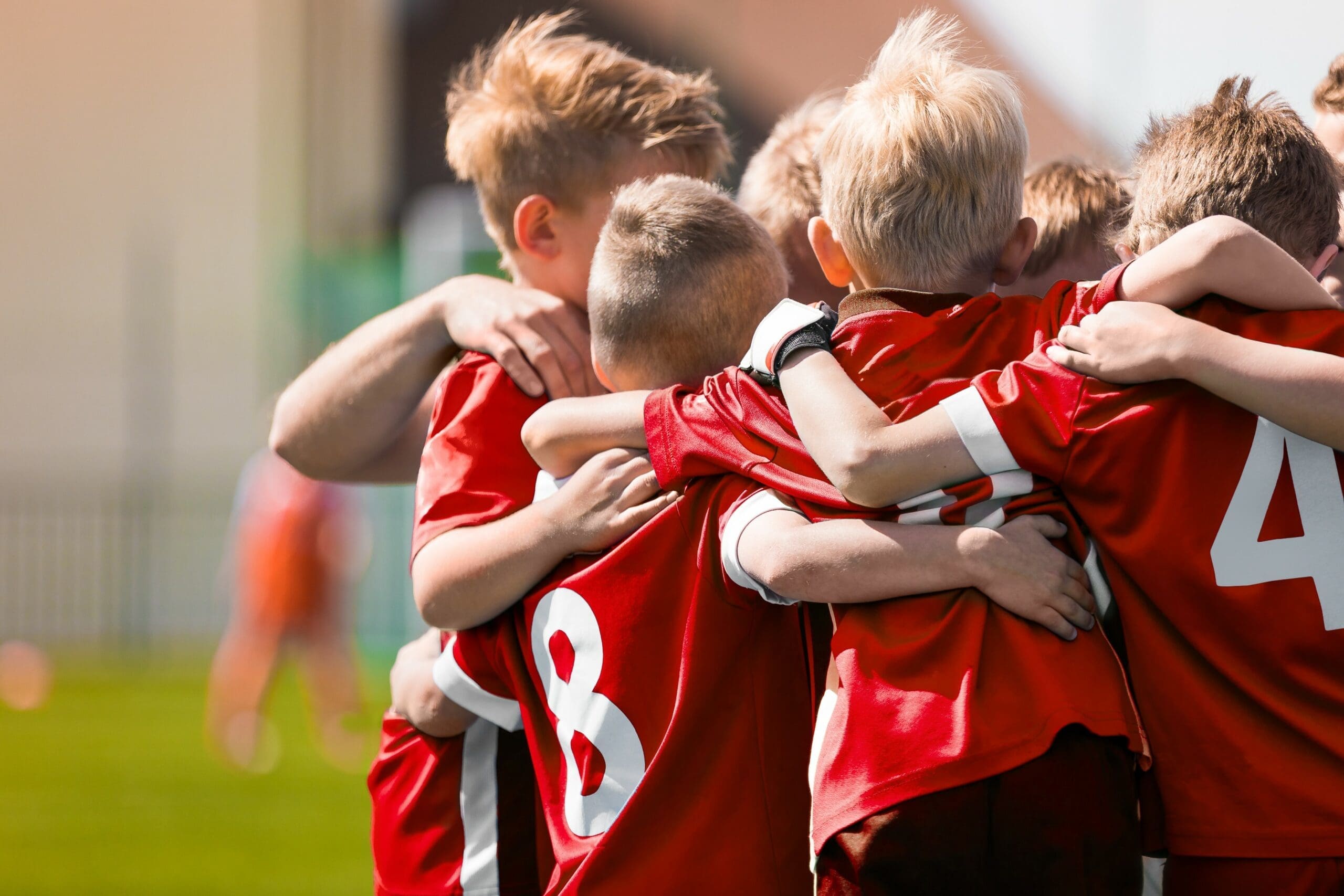Weekends spent playing team sports – especially soccer, netball and cricket in Australia – are a common experience of childhood. They allow kids to make friends, learn how to socialise, and discover the highs and lows of winning and losing.
Of course there are also physical benefits, and exercise has been shown to have a positive relationship with mental health.
But do certain types of sports – namely, team sports over individual physical activity – have greater benefits for young people and their mood?
This study took data from the Adolescent Brain and Cognitive Development Study, which tracks thousands of children between the ages of 9 and 11 across the United States.
The study tracked the mental health of these children (particularly depression and anxiety scores, as reported through a checklist of the child’s behaviour by their parent or guardian).
It also had granular data on the sports and activities that the child did – how long they’d been playing, what sort of sport it was, how frequently they did it, and whether or not it was a team sport.
Finally, they did brain scans on all of the children to look at the structure of their brain – including the size of their hippocampus. The hippocampus is the learning and memory centre of the brain, and in adults, depression has been associated with a smaller hippocampus. In all, they looked at more than 4000 children.
Kids playing team sports had less depression and a larger hippocampus, which is linked to better mental health outcomes.
The researchers found that participating in any kind of sport was linked to less depression in boys, though not in girls. For both sexes, participation in team sports (but not in individual sports) was linked to a larger hippocampus.
Implications
These findings suggest there may be something protective about team sports when it comes to depression, even among a very young group of people.
These results are a correlation – they didn’t show that team sports cause less depression, just that the two are somehow linked. So it could also be that young people with better mood are more inclined to play team sports.
It also isn’t clear why the lower depression wasn’t seen among the young girls playing team sports – though the authors speculate it could be that the effect might appear later in girls than in boys and they just weren’t looking at the right age group.

